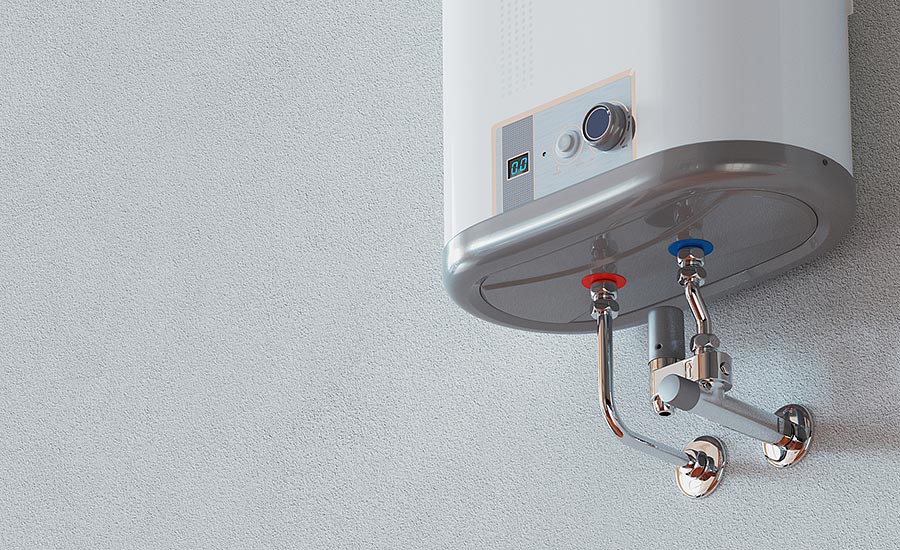If you are in the market for a new water heater, you have likely done some reading to learn about your options. And unless you have chosen not to read anything about tankless water heaters, you might be thinking that these units are perfect. Every article goes on and on about the endless supply of hot water and the reduced operating cost. However, as with all mechanical devices, some issues can occur when you are using a tankless water heater.
Hard Water
Mineral build-up from hard water is not exclusive to tankless water heaters. Every water heater, water line, and fixture is subject to scaly build-up from hard water. In the case of a tankless water heater, the result is the obstruction of the water’s path to the heat exchanger. This diminishes the amount of water being heated and can result in the water feeling cooler than you might expect.
To eliminate the issues related to hard water and mineral build-up, tankless water heaters need to be flushed. In areas with extremely hard water, a water softener and descaling system can also be added to prevent damage to the unit and restricted water flow.
System Overload
What many homeowners fail to understand is that tankless water heaters have a predetermined capacity. When people hear that they get an endless supply of hot water, they never consider that the unit might only supply two faucets with unlimited hot water simultaneously. When the demand for hot water exceeds the capability of the tankless water heater, the unit goes into overload. Some units have a built-in safety feature that shuts the entire water heater off when it senses an overload situation. This step prevents any issues of overly hot water once the excessive demand is eliminated.
For example, if two showers and one sink are running, the water will not be hot. Without the fail-safe shut-off, the sink faucet and one shower could be turned off while someone is still in the remaining shower that is in operation. The sudden lack of demand could result in super hot water going to the shower and burning the occupant. If you continue to experience overloads, the only solution is adding another tankless unit to increase the supply or buying a tankless water heater with a greater capacity.
Ignition Failure
Ignition failure is often caused by an issue with the gas or propane supply. Checking the valves or holding tank will usually lead you to the issue. If there is no shortage of gas, it is also possible that the ignition pack has failed and will need to be repaired or replaced by a licensed plumber.
Flame Failure
A flame failure is very similar to an ignition failure and can also be caused by a lack of gas or pressure in a low propane tank. If the issue is constant and has been occurring from the date of the original installation, the problem could also be a gas line that is improperly sized, a bad pressure regulator, or issues in the venting system.
Blocked Air Supply
If the airflow to the tankless water heater or the exhaust path becomes blocked, most units will display an error code. The unit senses a lack of airflow needed for combustion or a build-up of pressure on the exhaust side. If the problem is not corrected, the unit shuts down to prevent damage or a potential hazard.
Call (928) 597-1690 if you have questions about any of these issue or need assistance from the team at PHD Yuma. Our tankless water heater experts are available 24/7 to handle any plumbing emergency.

